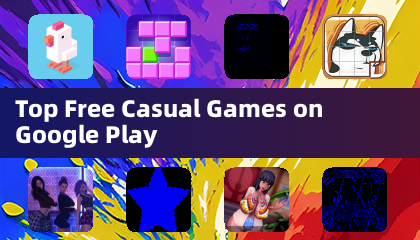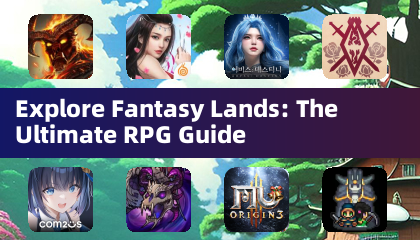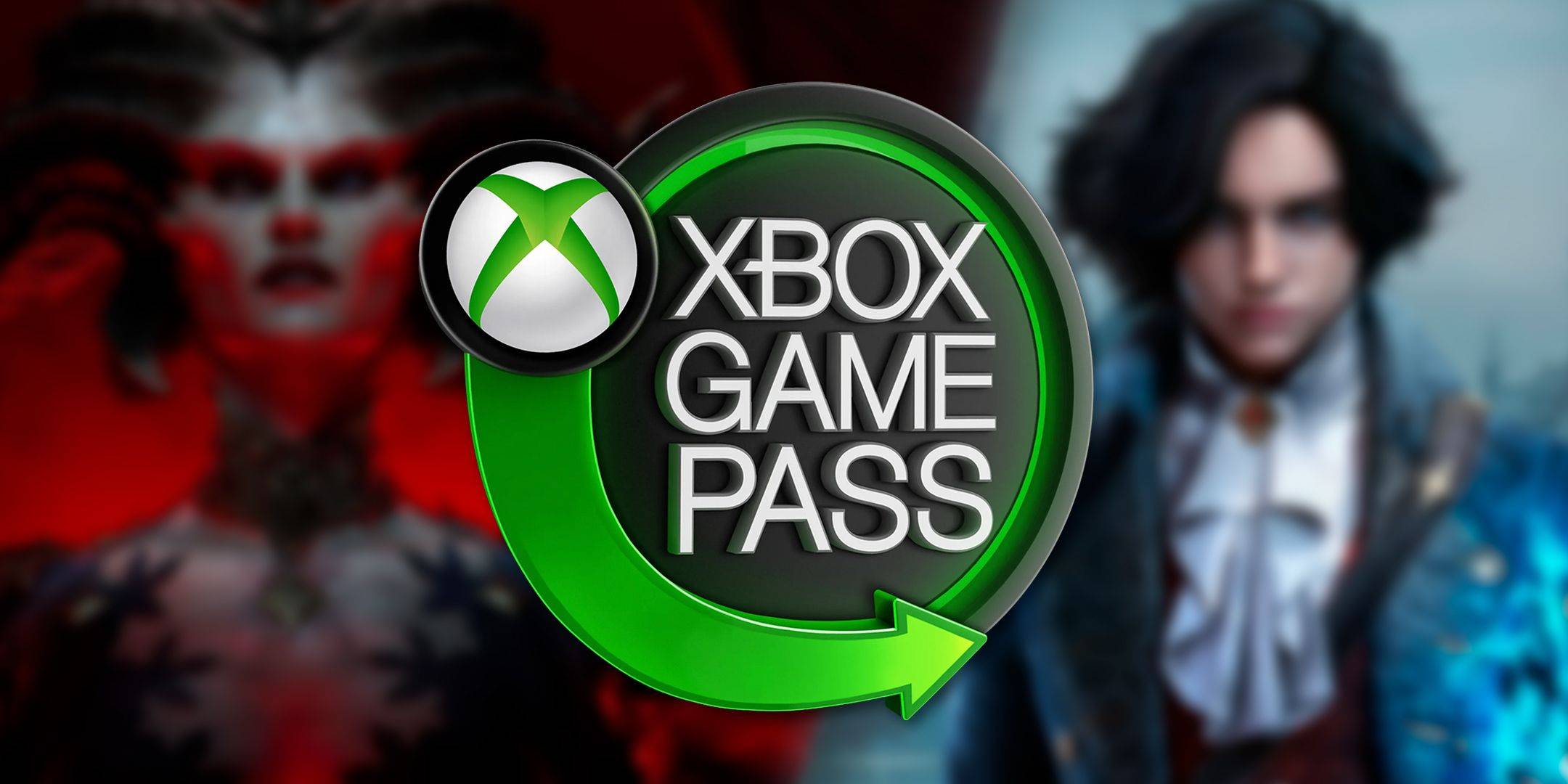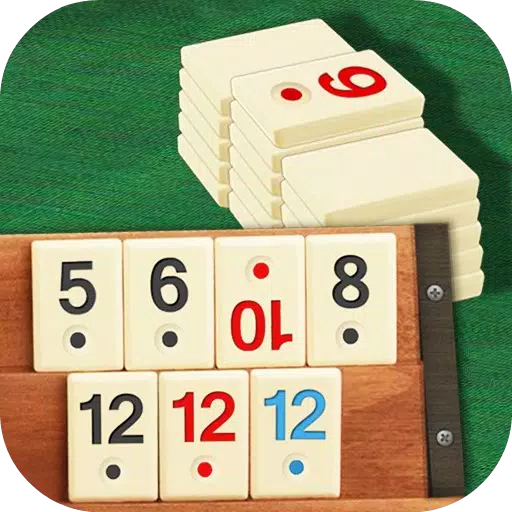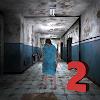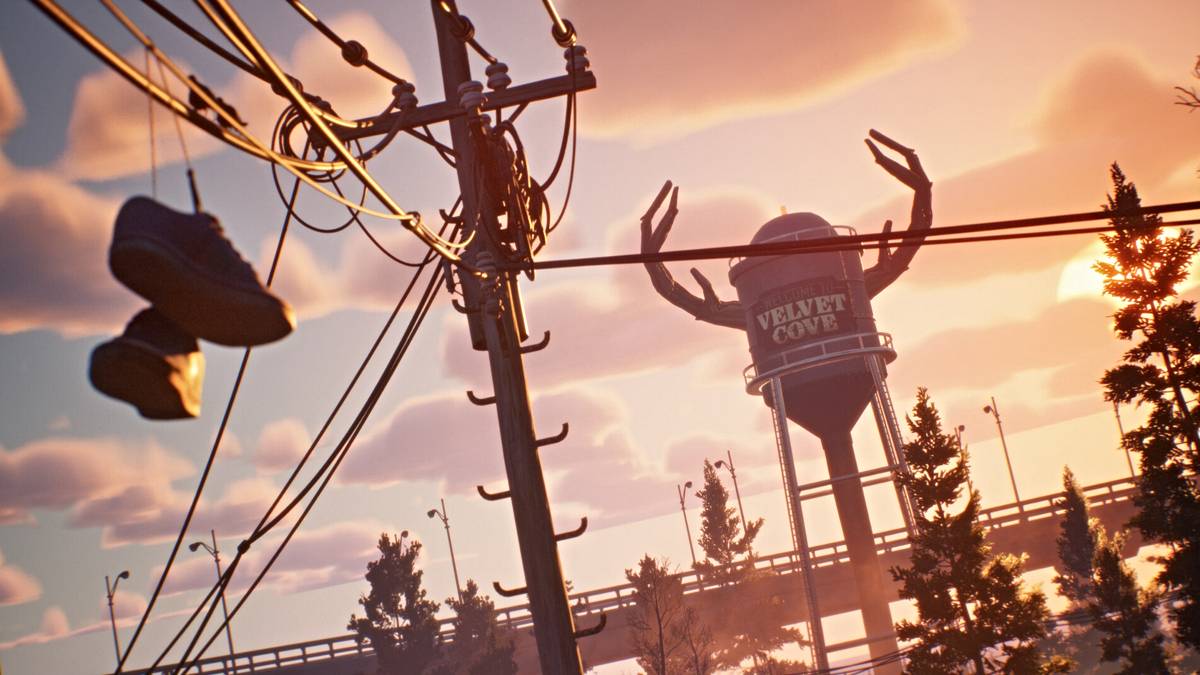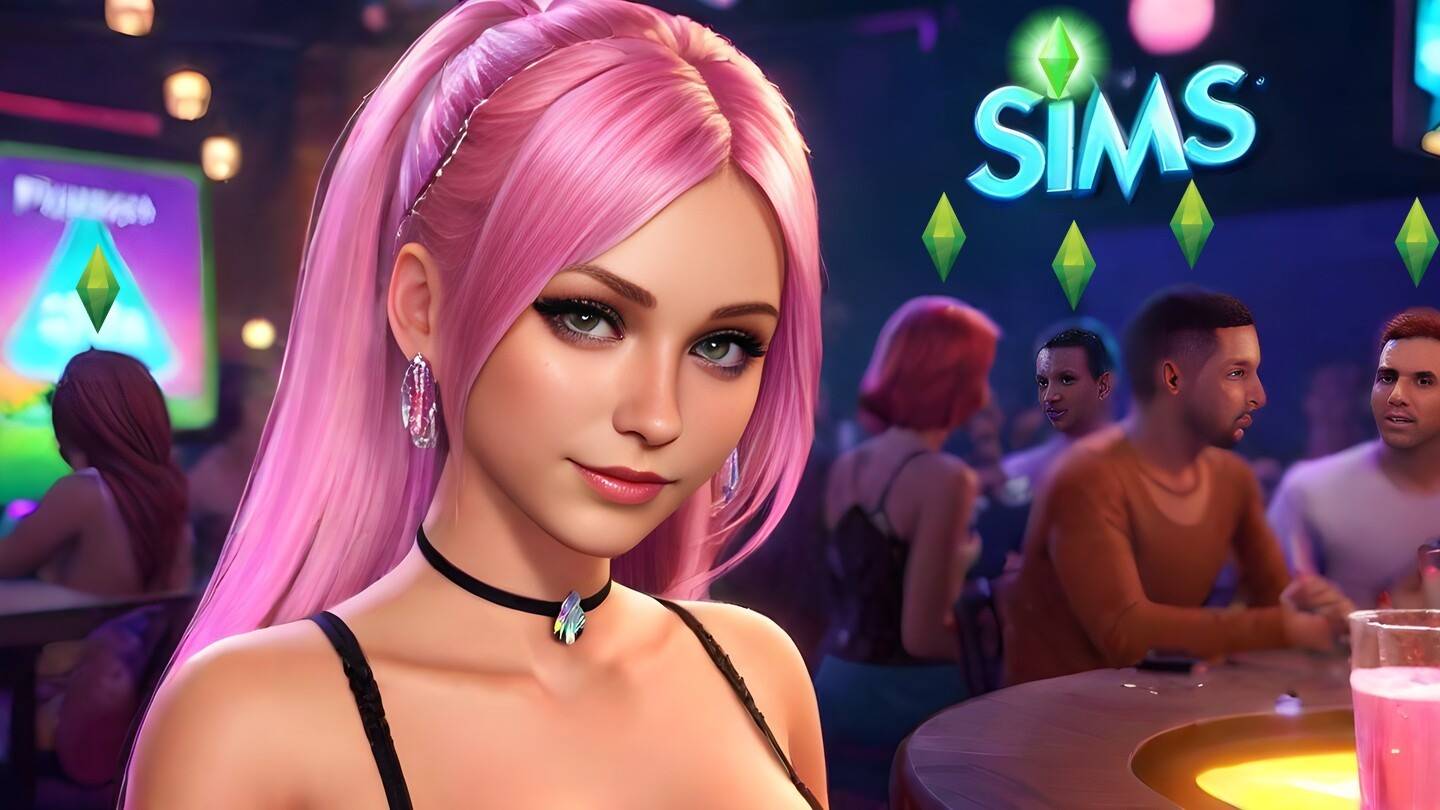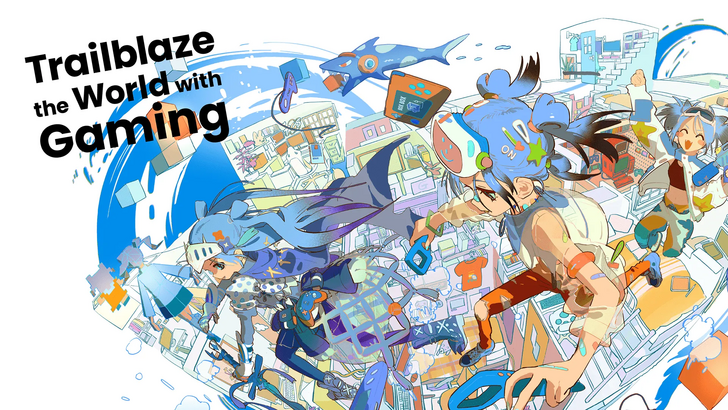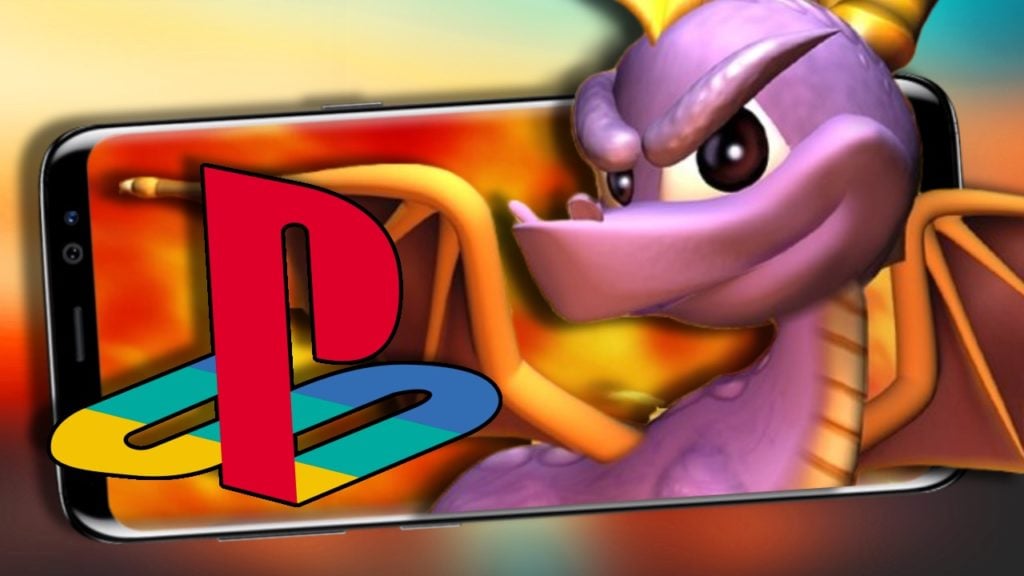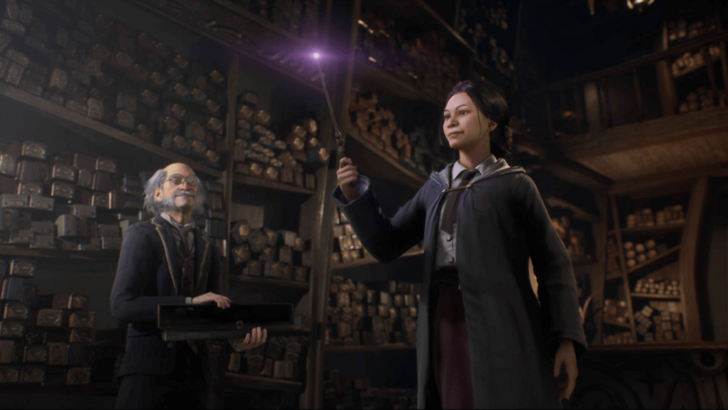Five years ago, when Mike and Amy Morhaime founded Dreamhaven, I had the opportunity to delve into their vision for the company with several founding members. They articulated a goal to create a sustainable pillar for game studios, encompassing not only the two they were launching at the time, Moonshot and Secret Door, but also other carefully selected partners.
At the conclusion of our interview, Mike Morhaime shared an ambitious vision for Dreamhaven:
"We want, if I may be so bold as to say, to be a beacon to the industry," he remarked, alluding to the company's lighthouse logo. "There's a better way of approaching the business of games and the operation of a game company that can yield exceptional results in terms of products, financial rewards, and work environment, potentially elevating the entire industry."
Around the inception of Dreamhaven, numerous studios led by former AAA executives were emerging, each promising to forge a more sustainable path. However, the gaming industry soon faced significant challenges including a global pandemic, economic instability, mass layoffs, studio closures, and project cancellations. Many of these visionary studios either shut down before launching a single game or had to defer their ambitions indefinitely.
Dreamhaven, however, has thrived. In a landmark move, the company partnered with The Game Awards for its inaugural showcase, unveiling four impressive titles. Two of these are internally developed: Sunderfolk, a turn-based tactical RPG with couch co-op set to release on April 23, and Wildgate, a newly-announced crew-based first-person shooter centered around space heists, which we've had the chance to preview. Additionally, Dreamhaven is publishing and supporting two external titles: Lynked: Banner of the Spark, an action-RPG from LA-based developer FuzzyBot that's currently in early access and slated for a full 1.0 launch in May, and Mechabellum, a turn-based tactical auto-battler from Chinese studio Game River, which launched last September and aims to remain fresh with Dreamhaven's ongoing support.
This flurry of activity marks a significant milestone for the relatively young company, but Dreamhaven's ambitions extend further. The company is currently nurturing ten other external studios—many founded and staffed by former AAA developers—through various forms of support, including investments, consultancy, and fundraising assistance. This support may or may not include publishing, depending on the studio's needs. At the Game Developers Conference (GDC), Mike Morhaime explained that Dreamhaven's goal from the outset was to form a "net" to "capture some of this great talent that was dispersing" throughout the industry.
Wildgate - First Screenshots
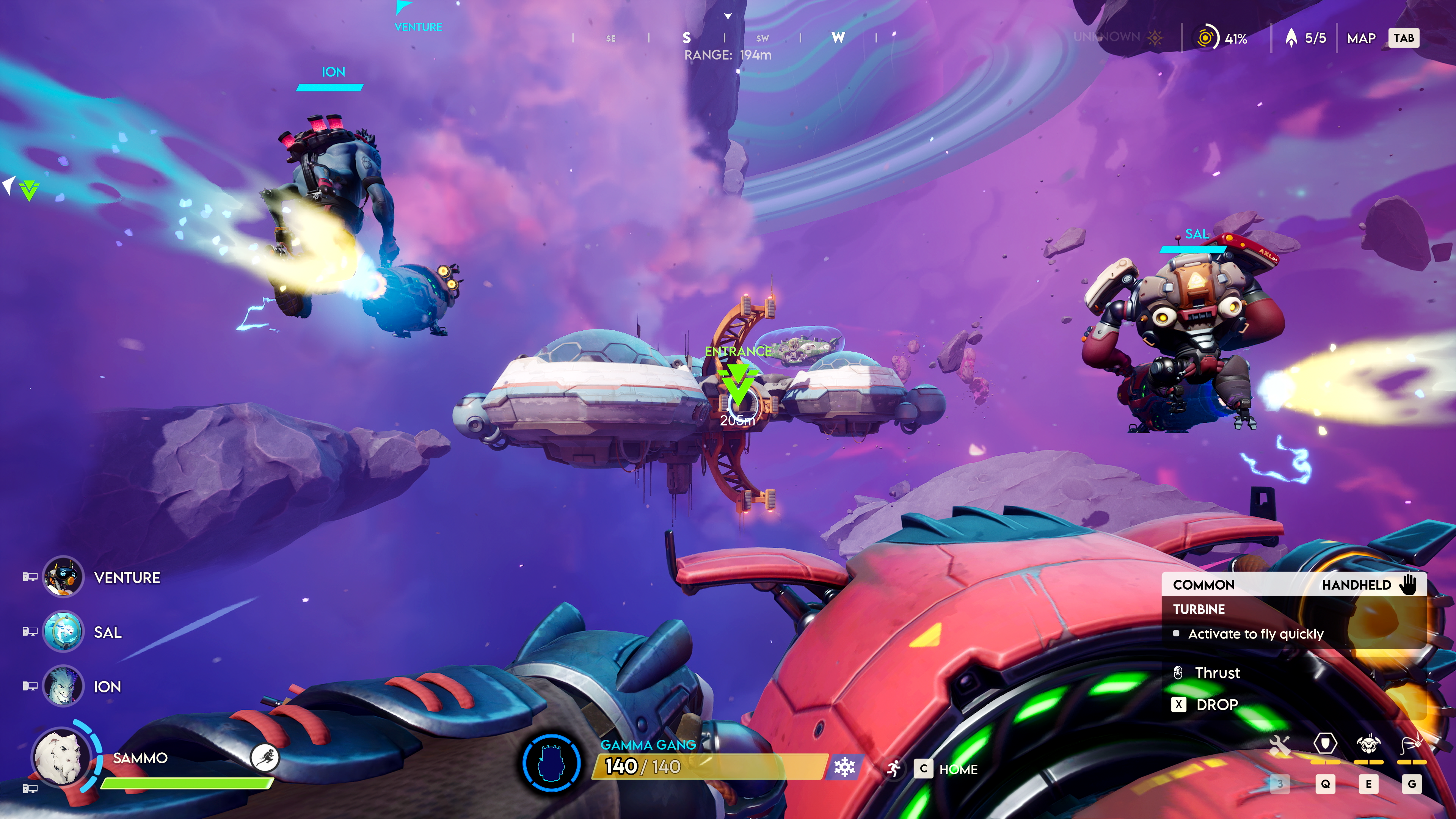
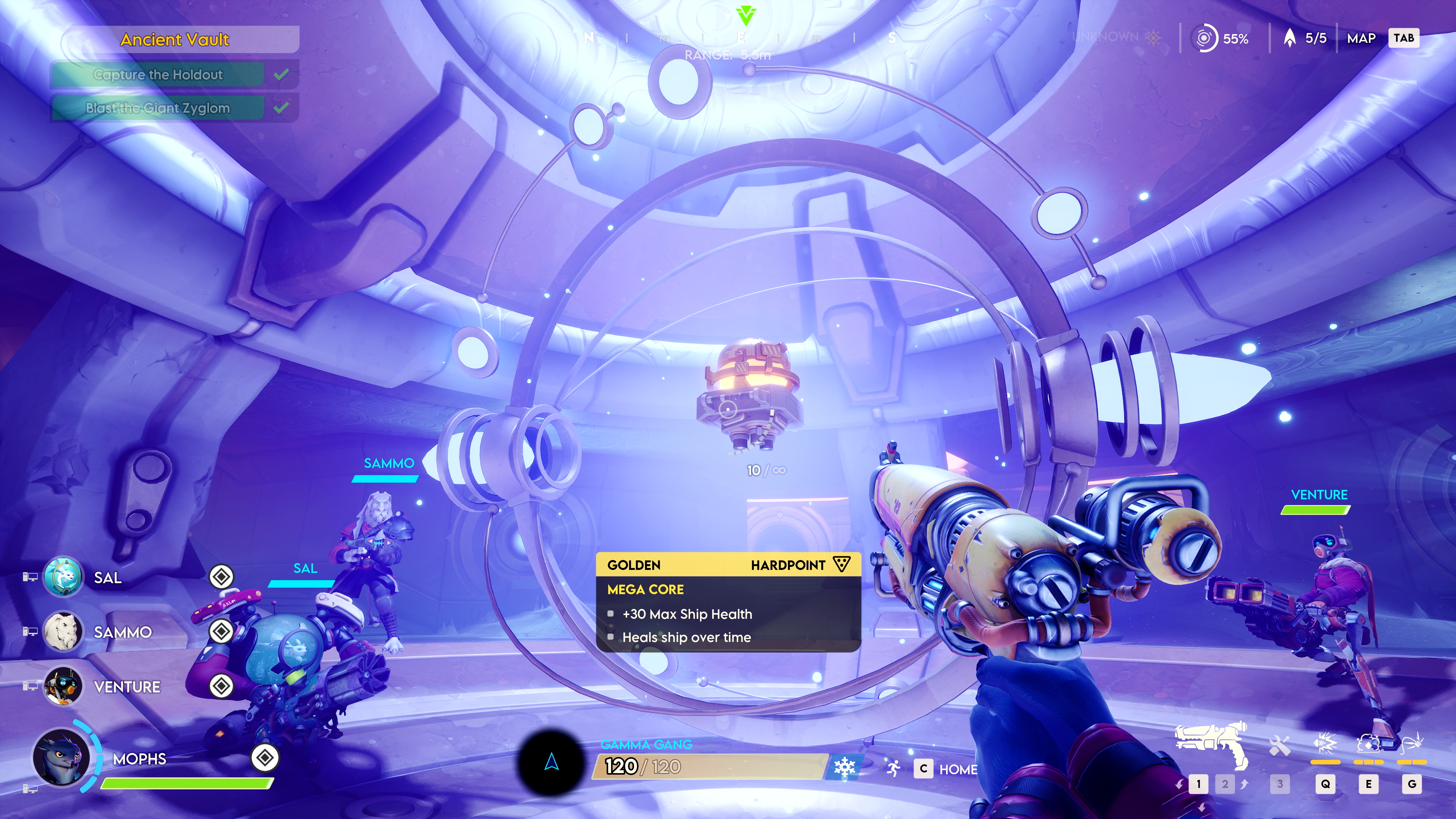 10 Images
10 Images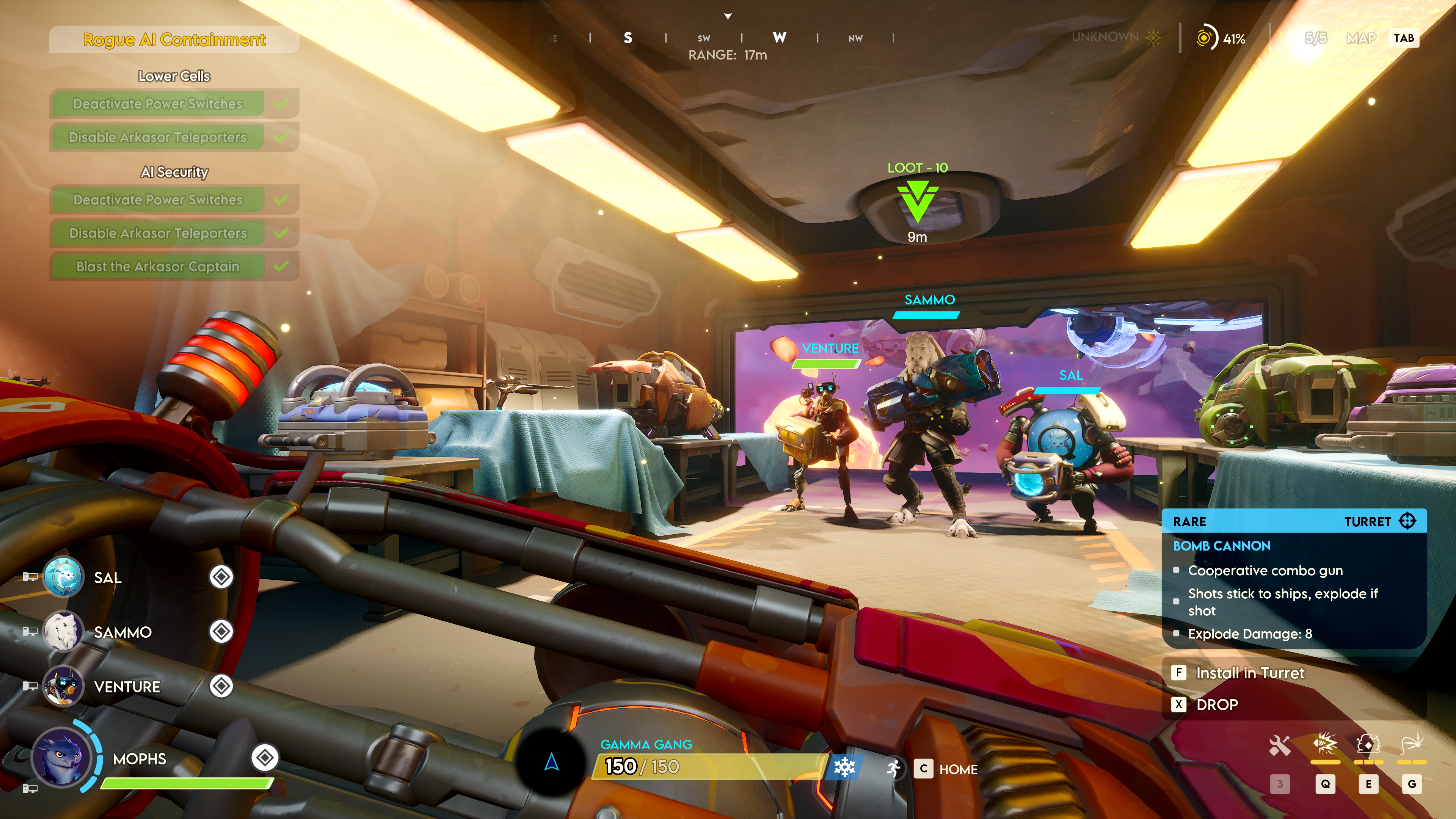
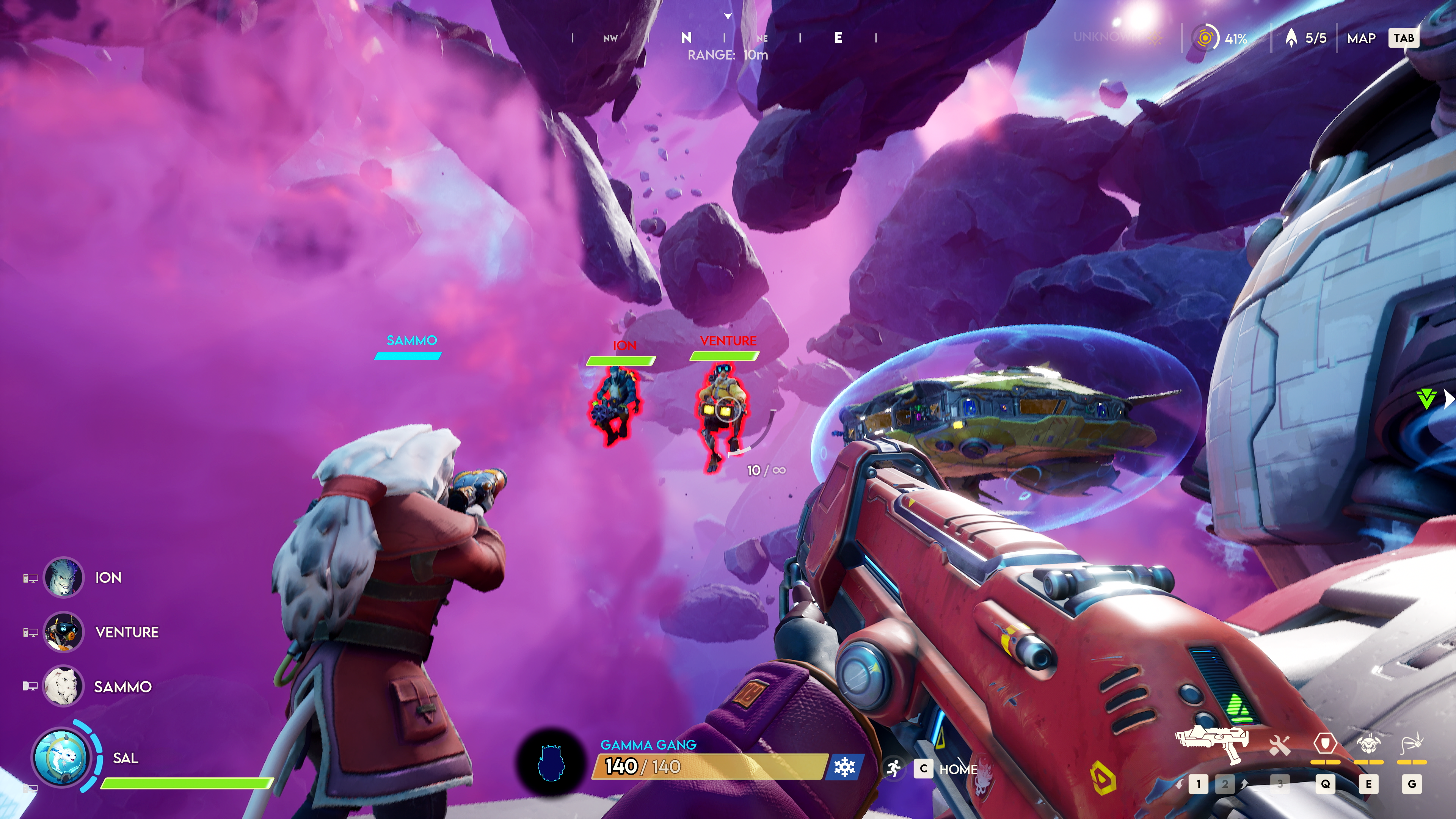
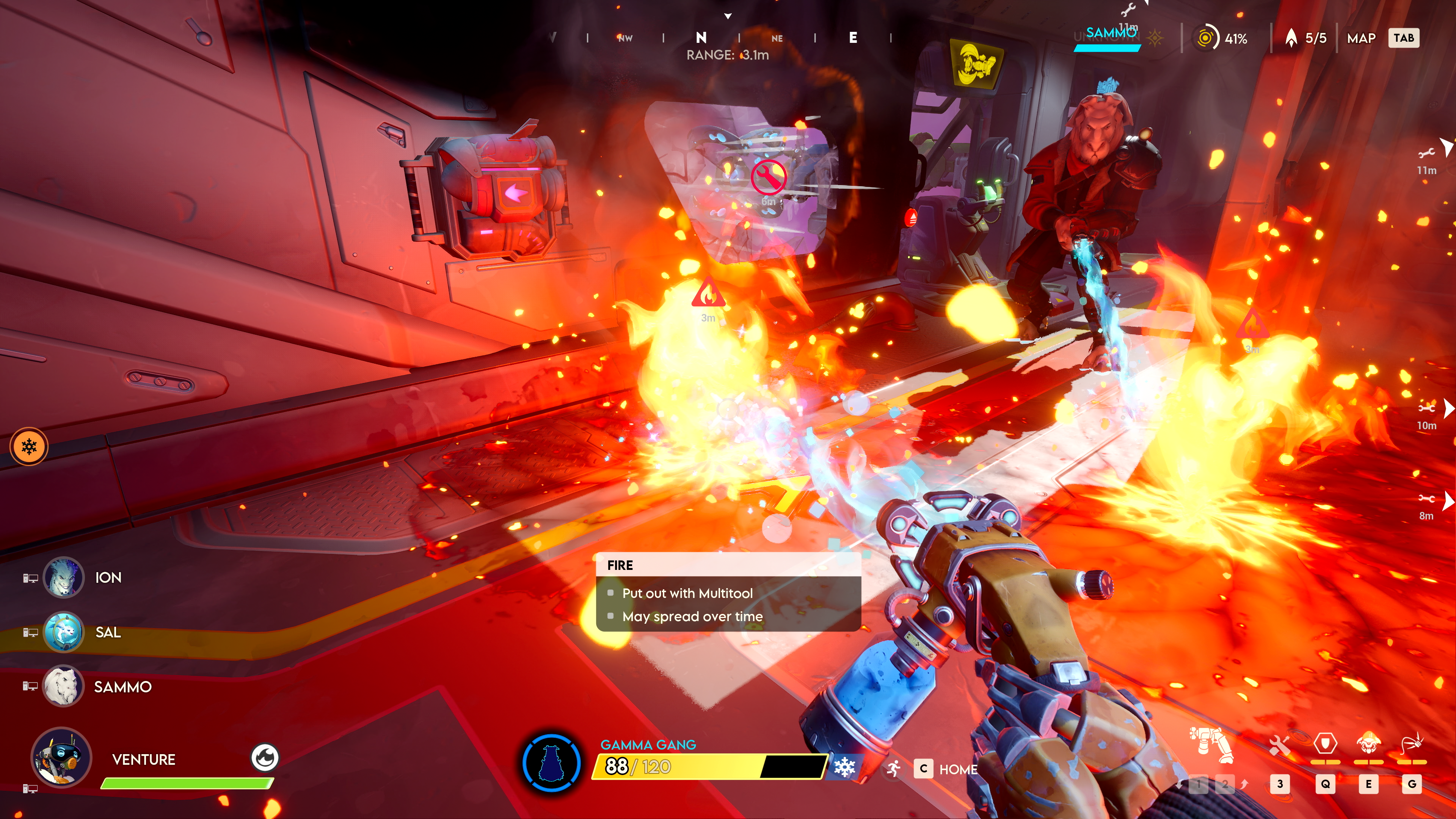
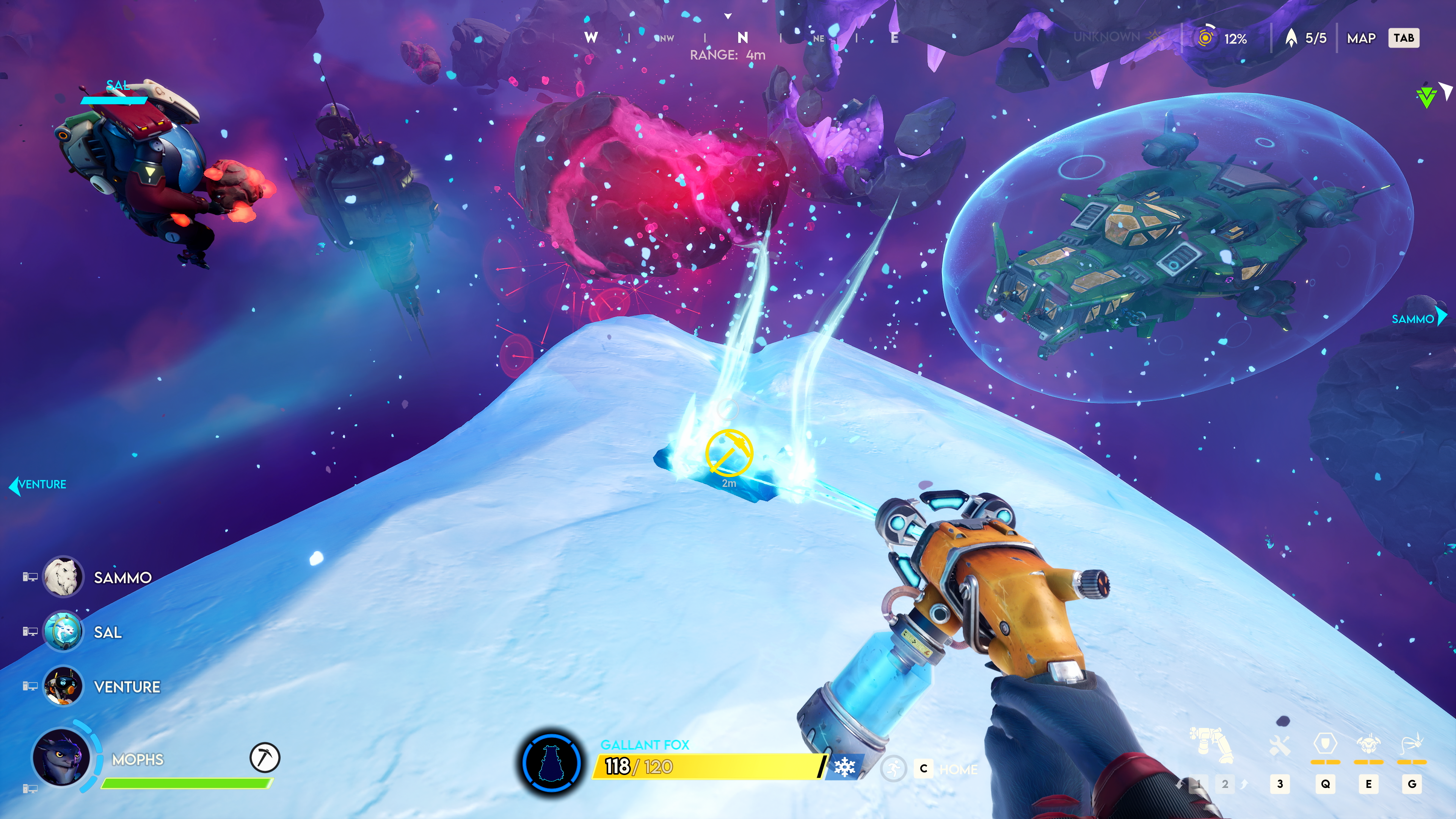
"We saw all these studios starting up and we have a lot of relationships," Morhaime stated. "We knew many of the people starting these studios and wanted to create a structure that allows us to be helpful and root for these studios. We created a system that enables us to provide guidance and advice, and be incentivized to see them succeed."
Throughout GDC, discussions revolved around the ongoing industry crisis, particularly the prioritization of profits over all else, leading to widespread cancellations, closures, and layoffs. When asked about the tension between craft and business, Morhaime emphasized that the two are not mutually exclusive but stressed the importance of an environment that allows for innovation and occasional failure.
"I think in order to create an environment that fosters innovation, you need to have a certain level of safety and space to experiment and try new things," he explained. "We're not against these products being successful and profitable. It's about focus. What are these teams concentrating on? They're not focused on maximizing profitability at every step; they're striving to create the best experience possible, which we believe is the right business strategy and positions us for long-term success. With so many games released each year, the only way to stand out is by offering something truly special."
Given Dreamhaven's team of AAA veterans, I asked Morhaime about the most significant lessons he took from his time at Blizzard. He highlighted the importance of an "iterative" game development process.
"It was never linear," he said. "It was never a straight line where you follow a perfect plan and everything goes smoothly. We always faced obstacles and things that didn't work as expected, but we had the flexibility and adaptability to address these issues. So, approaching everything with a perspective that encourages experimentation and the ability to go back and fix things is crucial to ending up with a product we're proud of."
When asked about the biggest difference between his work at Blizzard and his current approach at Dreamhaven, Morhaime summed it up in one word: agency.
"The biggest difference is that we have such an experienced team, and we're structured in a way that gives a lot of agency to our leadership teams in the studios," he noted. "It creates a unique environment where the studios have a strong partnership with the central company. The central teams are here to support the studios, and our studio heads and leadership are also founding members of Dreamhaven. It's really more of a partnership."
Our conversation then shifted to the topic of new technologies, focusing on the contentious issue of generative AI. While this technology is controversial among gamers and developers, many AAA companies are already implementing it. Morhaime shared that Dreamhaven is cautiously exploring generative AI, using it for research on best practices and internal policy drafting but not yet in their games.
"As a technologist, I find it incredibly exciting to witness the birth of such a fascinating technology during our lifetime," he said. "Just a few years ago, I couldn't have imagined generative AI doing what it's doing now. There are many complexities—legal, ethical—and it's hard to predict how it will change our lives. Some impacts will be positive, some scary, but ignoring it would put us at a significant disadvantage."
On a less contentious note, I brought up the upcoming Nintendo Switch 2. With Sunderfolk and Lynked planned for the Switch, and Mechabellum being Steam-exclusive due to its genre, the absence of the Switch in Wildgate's announcement was notable. While Morhaime remained tight-lipped on specifics, he shared his general thoughts on console transitions.
"Console transitions can be disruptive but also invigorating and beneficial for the gaming industry," he commented. "As a gaming startup, these transitions are positive for us. If you already have games on the market, there might be some disruption to worry about, but that's not our concern. And as a gamer, console transitions are exciting."
As we concluded, I asked Morhaime if Dreamhaven had achieved the mission he outlined five years ago. Is Dreamhaven a "beacon to the industry"? He admitted it's not there yet; they need to release games and gauge player and industry reactions.
"We have to put out games that people love and achieve financial success, because without those, we won't be seen as a beacon for anything," he said. "What I really want to see is for Dreamhaven to build a reputation where the brand stands for quality and trust. We want players to know that if a game comes from Dreamhaven, regardless of the genre, it will be something very special and worth exploring."



